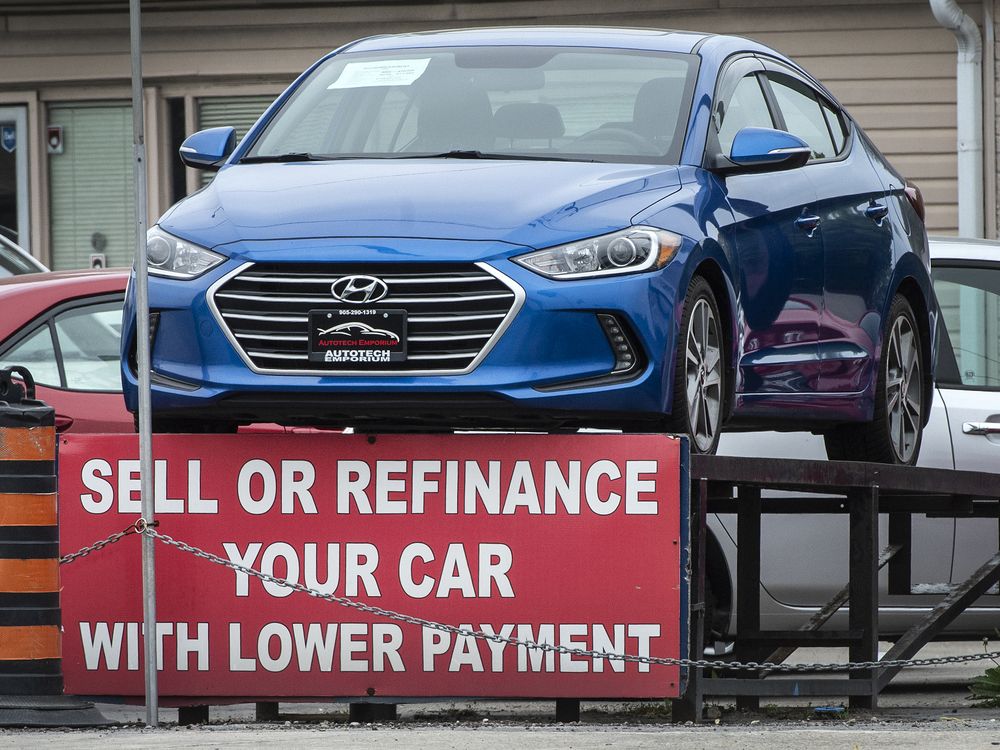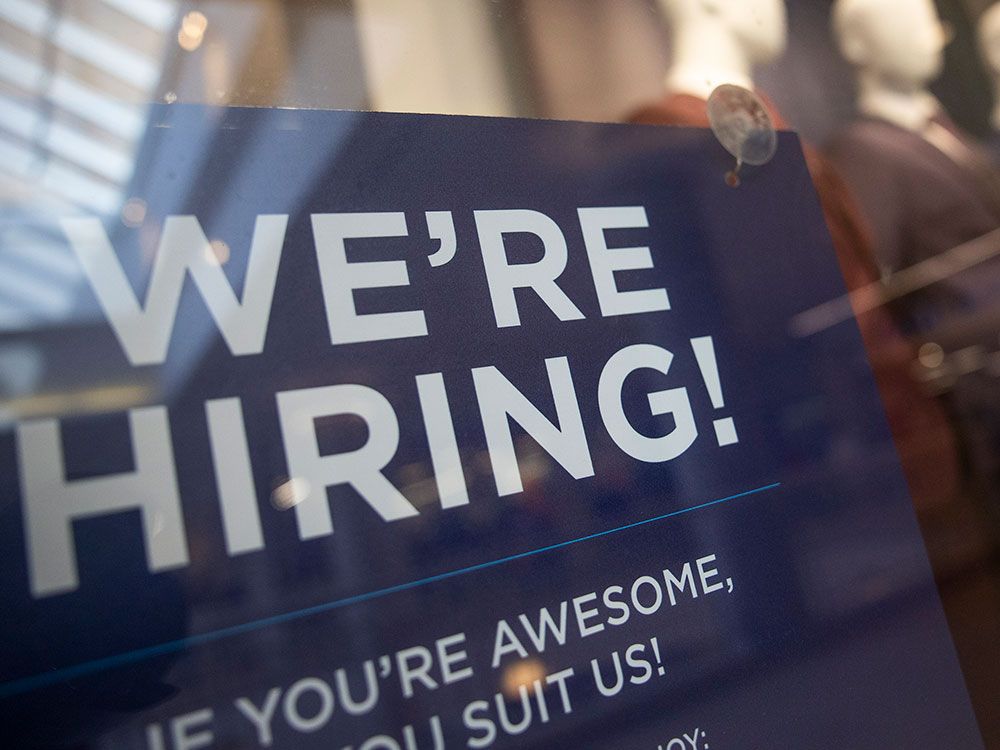A growing number of Canadians
can’t afford to sell their car
, never mind buy a new one.
In the first quarter, the number of people who were underwater, or had negative equity in a vehicle — meaning the value of their car was less than the
outstanding balance owed on their car loan
— more than tripled, according to data from Clutch.ca, a Toronto-based online car merchant.
Based on a sample of nearly 10,000 vehicles Clutch sought to buy in the first quarter, 23.5 per cent of the sellers were underwater, compared to 7.2 per cent last year in the same period.
Clutch chief executive Dan Park described it as a hangover from both the pandemic and the supply chain snafus of recent years, which shut down parts of the global auto production supply chain for months at a time, causing new and
used vehicle prices
to shoot up.
But the values of some vehicles purchased back then that are entering or re-entering the used vehicle marketplace have not held up.
“What you have are these people that show up to try to sell their car and they’re expecting a cheque to put money in their pockets,” he said. “Instead, the bank is asking them for a cheque to cover the loan balance, which is a shock for people.”
If Clutch proposes a purchase price for a car based on its internal formula that is below the
car’s loan value
, then the sellers either need to take out a new loan to cover the difference or pay it off themselves. Vehicle loans are typically secured by the vehicle itself. If the borrower defaults, the lender can take possession of the vehicle.
As a result, more sellers are backing out of the proposed sale. In the first quarter, 86 per cent of people with negative equity declined to sell compared to 58 per cent last year.
Overall, Park said the amount of negative equity increased by 52 per cent in the past year to $7,710 on average, up from $5,050 from the first quarter last year.
Although many homeowners closely watch the value of their home, he said many vehicle owners have little sense about the value of their car, which may be the second-most valuable asset they own.
“The challenge is it’s really hard to get rid of your car if you don’t have the money to get rid of the car,” Park said. “Not many people have $7,000 of cash sitting around in the bank account to sell their car.”
But people sometimes need to sell their car for one reason or another. As a result, Park said Clutch has made deals with financial firms that can offer loans of up to $15,000 to help people with negative equity.
The situation demonstrates one way that the broad-based price inflation that started infecting the economy in 2020 is casting a long shadow over the economy and consumers.
In the
first quarter of 2021
, a new car cost an average of $45,400, while a used car cost $27,100, according to Autotrader.ca, the online vehicle marketplace. Prices then rose and approximately peaked in the third quarter of 2023 at
$67,800 and $39,100
, respectively.
By the fourth quarter of 2024, the most recent data available from Autotrader, prices had stabilized and even slightly fallen, with new and used prices at
$65,200 and $34,400
, respectively.
Nevertheless, that amounts to a 43 per cent rise in
new vehicle prices
on average since 2021 and a 27 per cent rise in used vehicle prices, far in excess of the Bank of Canada’s inflation target range of one per cent to three per cent per year.
But some analysts believe vehicle prices are set to rise yet again given the
barrage of U.S. tariffs
on both vehicles, steel and aluminum, as well as the threat of imposing tariffs on auto parts next month. Already, two out of five automakers in Canada
have temporarily paused
some manufacturing here amidst uncertainty about market conditions.
Baris Akyurek, vice-president of insights and intelligence at Autotrader.ca, said he is seeing “unseasonal” changes in pricing once again, with average used car prices creeping up in March by about 0.3 per cent from the previous month to $36,800.
“In ‘normal’ years, we see a decline in prices in March,” he said, adding that used vehicle prices fell by 2.7 per cent a year ago.
Nevertheless, Park said he’s surprised by how many sellers do not realize they are underwater on their cars.
“The extent to which the proportion of folks with negative equity has gone up is quite staggering,” he said. It’s “kind of a crazy concept if you think about it — the idea of ‘being able to afford to sell your car.’”
• Email: gfriedman@postmedia.com
Bookmark our website and support our journalism: Don’t miss the business news you need to know — add financialpost.com to your bookmarks and sign up for our newsletters here.
More Canadians are 'underwater' on their vehicles and may have no idea about it
2025-04-16 17:03:49





